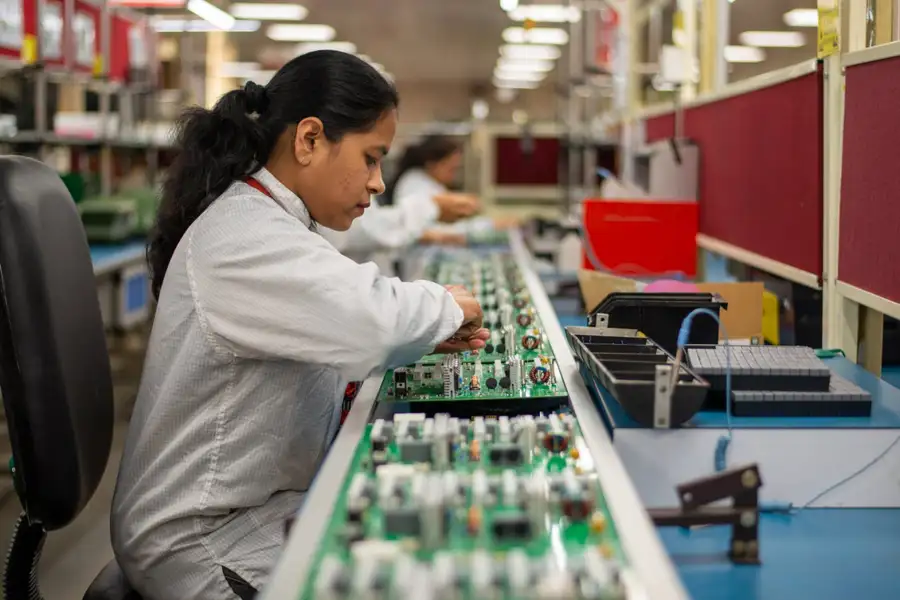As part of India’s transformation into a leading global economy, prime minister Narendra Modi has set a target for the nation to become one of the world’s five biggest computer chip manufacturers by 2029, from a base of almost nothing. With the rise of artificial intelligence and unstable geopolitics creating a global scramble to build domestic chip factories, how likely is it that India can compete?
Rakesh Kumar at the University of Illinois Urbana-Champaign says there are two main drivers for countries seeking semiconductor self-sufficiency. The first is a realisation, sparked by shortages during the height of the covid-19 pandemic, that chips are now vital to a nation’s security and industry. The second is a desire to carve out a slice of an enormous and growing industry worth $526.9 billion last year.
The superconductor breakthrough that could mean an energy revolution
Currently, Taiwan makes 68 per cent of the world’s chips, with one company – TSMC – accounting for the large majority. The looming threat of a Chinese invasion of Taiwan has sparked panic and a wave of investment. “Everybody is foreseeing different kinds of geopolitical games,” says Kumar. “If one or a couple of countries have ownership on it [chip manufacturing], then they can use it as a leverage.”
